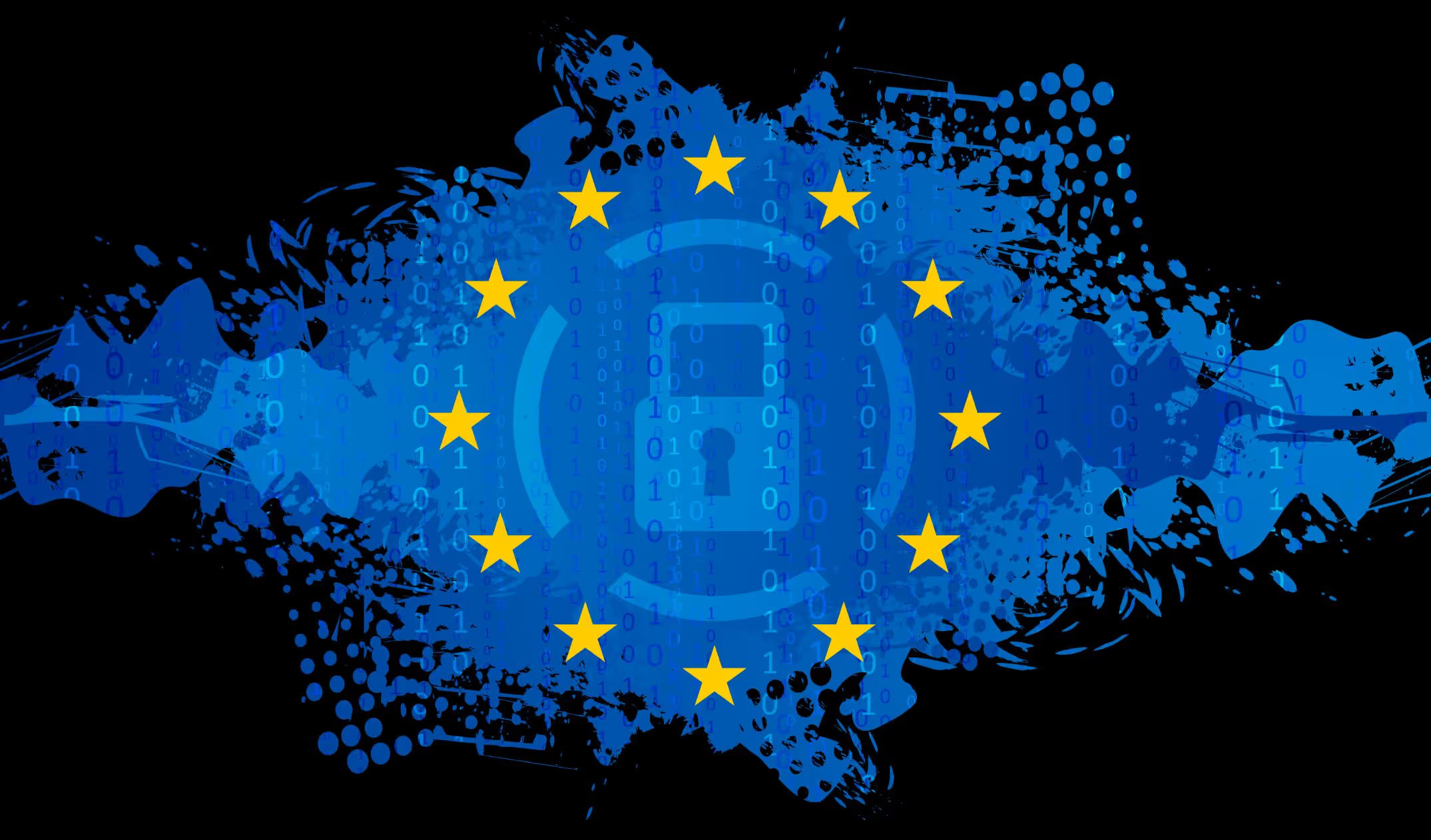GDPR - a building block in technology innovation

The GDPR is controversial. But even though critics accuse her of lack of bureaucracy and inconsistency, she has created a global standard for data protection and transparency that serves as an example. In view of increasing power asymmetries in the platform industry, this step towards data sovereignty was important and good. New technologies that produce innovative business models must be within this framework.
GDPR — useful and up to date
There was great criticism when the EU GDPR came into effect in May 2018. The GDPR established a uniform standard for the protection of personal data in the EU. Data such as names, dates of birth, contact or account information of natural persons are protected against illegal processing.
Many companies reacted to the new regulation with panic, which is completely incomprehensible, as Germany had previously set higher standards of data protection than other countries. We all remember the countless emails from online shops and reputable but also dubious companies on the subject of data protection. At the same time, it was certainly interesting which companies had still stored the personal data. It is undisputed that the GDPR sheds light on the darkness. In an age in which data is described as new oil, citizens are able to obtain self-disclosure and have the right to delete them.
The GDPR is now regarded as an international role model for data protection. Even companies like Apple ensured that users could request an overview of the stored personal data, deactivate the account or completely delete the data just in time for the GDPR to come into force. Large corporations can no longer avoid data protection requirements with headquarters in a less regulated state. Violations of the GDPR could result in severe fines of up to 20 million euros or for companies of up to 4% of the total annual turnover achieved worldwide in the previous financial year, whichever is the higher.
Why data protection is so important for Europe
In Germany, the AOK in Baden-Württemberg was recently fined a hefty fine. Because the health insurer sometimes used personal data of competition participants for advertising purposes without their consent, the country's highest data protection officer has imposed a fine of 1.24 million euros. In France, the highest data protection authority put Facebook in place three years ago with a fine of 50 million euros for breaches of data protection. When setting the amount of fines, the principle of deterrence and proportionality applies.
The figures alone show why data protection is so important for Europe. Data breaches are still taking place on a daily basis, despite GDPR and growing corporate awareness worldwide of the importance of data protection. For the entire year 2019, over 7.9 billion compromised records were identified globally, the worst result so far. The global negative trend also appears to be continuing for 2020.
Who actually enforced the GDPR?
The German Green MEP Jan-Philipp Albrecht has always been regarded as the 'father' of the General Data Protection Regulation. As a lawyer, he moved into the European Parliament for the Greens at the age of 26. He had already written his master's thesis on data protection and was the perfect person for this project. The GDPR was a feat of strength for him, which he implemented with passion (to be found in the documentary 'DEMOCRACY — IN THE RUSH OF DATA' from 2015). His work strengthened the personal rights of every citizen — 446 million citizens in total — in the EU. As a result, Albrecht has earned himself a reputation worldwide.
The GDPR meets your principles
If companies are active today and develop software, data systems, interfaces, marketing campaigns or the like, the issues of data protection and data security must be considered. The so-called “privacy by design” principle is thus finding its way into future technologies and products. It is a concept for data prevention and data minimization in the area of data protection.
Operating systems for machines, computers and smartphones are being further developed and updates ensure that security gaps are closed and data protection requirements are met. This process also applies to new technologies. However, these are usually innovative technologies that are ahead of the applicable legal basis and ahead of their time, such as blockchain. Here, it is important to use the technology as a tool, for example to develop software and adapt it to requirements or to further develop it for a specific application.



